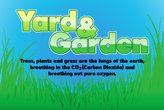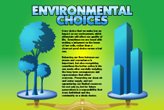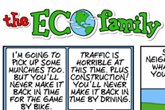- Home
- Comics
- Green Blog
-
Resources
Other Resources
-
Connect
Comics
Eco Blogs
Resources
Green News
Connect
Our Other Sites
Terms of Use | Privacy Policy | COPPA Policy
All Content on this site © Regional Maple Leaf Communications Inc. - Toll Free: 1-800-753-0193 or E-mail us
All Content on this site © Regional Maple Leaf Communications Inc. - Toll Free: 1-800-753-0193 or E-mail us

















